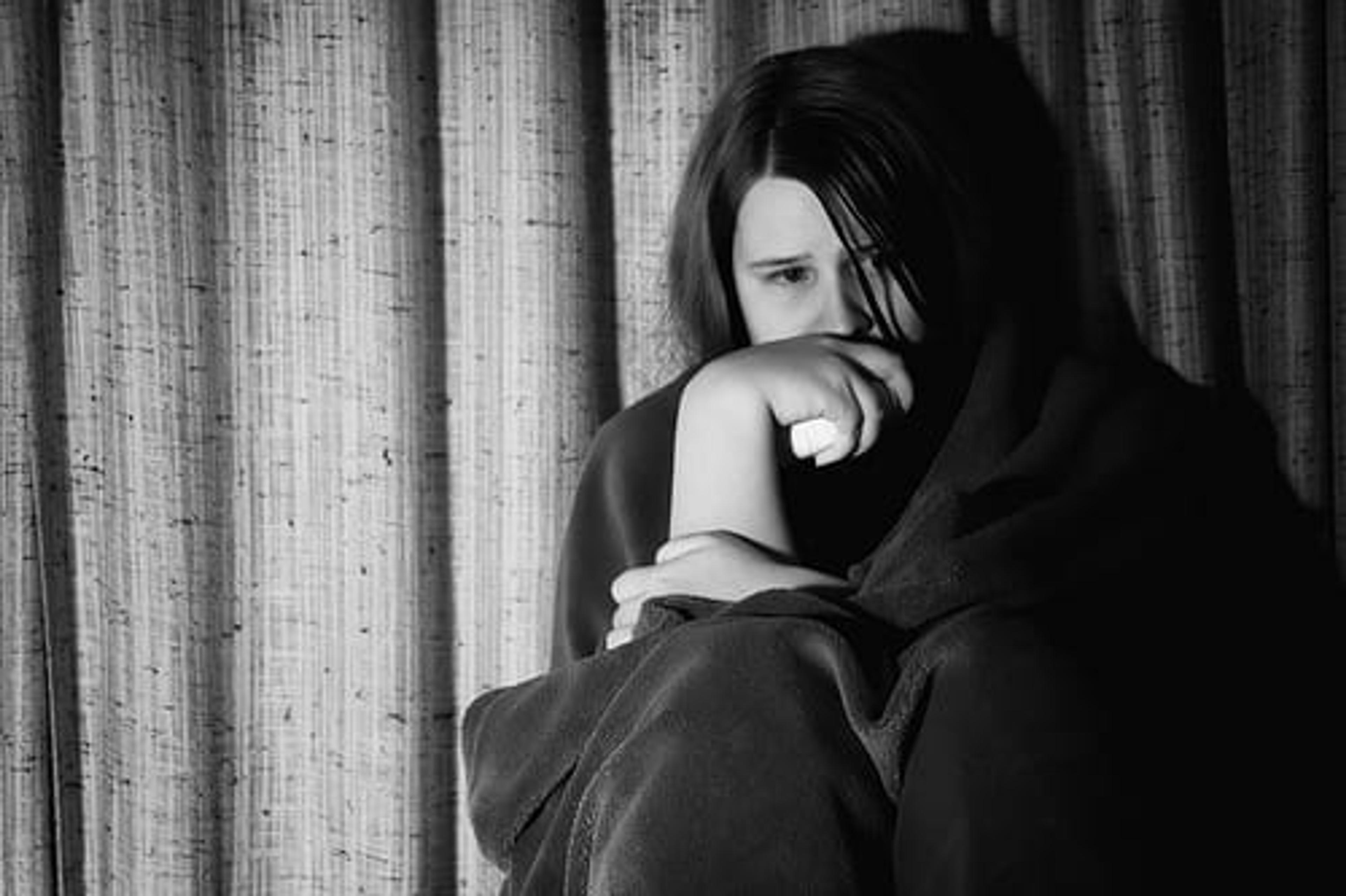Chronic physical pain can hurt your mental health too

Kristin Coppens
| 3 min read

Everyone knows what physical pain feels like; we have all stubbed a toe or cut a finger. Now imagine amplifying the intensity of that stubbed toe by ten or more and feeling it every day, all day and you might come close to envisioning how it feels to live with chronic pain. Chronic pain persists as the pain signals in the nervous system continue to fire for weeks, months, or even years. Serious chronic pain afflicts at least 116 million Americans every year.
It’s easy to understand how chronic pain affects an individual’s physical well-being, but what about mental health?
Chronic pain can severely impact a person’s mental health, as each day becomes a struggle and the physical pain becomes a way of life. It can be extremely difficult to maintain a healthy mind when the body continues to struggle.
Dr. Andrea Rotzien, Clinical Psychologist in Grand Rapids, says people dealing with chronic pain often battle mental health issues, especially anxiety and depression, that, in turn, can aggravate the physical pain. “Clearly having chronic pain can trigger [anxiety and depression], but also these mood states can exacerbate chronic pain.”
That line of thinking has a detrimental domino effect towards someone’s well-being Lower activity levels and poor coping skills cause more intense pain, which is actually not typically supported by tests and scans, thus harder to diagnose and treat biologically. Rotzien notes, “Fear and avoidance lead to deconditioning, which leads to higher potential for injury or reliance on other muscle groups. This then expands chronic pain to other areas.”
As a 25-year old dealing with an autoimmune spinal arthritis that causes chronic pain, I fully empathize with the difficulty in separating how your body feels and how your mind feels. It is true that chronic pain causes a depression over the lack of control over life, a doubt in your ability to cope, and the battle over self-efficacy and pain management. A notion that has helped me personally is an understanding of how important it is to help nurture the acceptance that complete pain relief may not be possible.
“The concept of mindfulness comes into focus here on the acceptance of negative experiencing and developing the ability to function and move through experience,” states Rotzien.
Though it takes practice, mastering a state of mindfulness as a person with chronic pain is essential for balancing mental health and physical health. Placing importance on stress and anxiety reducers will directly correlate to whether or not pain increases. Using coping techniques aid in relaxation, being in the present and lowering stress, thus warding off increased depression and anxiety states.
What coping mechanisms do you use when dealing with pain?
Photo credit: Alaina Abplanalp





